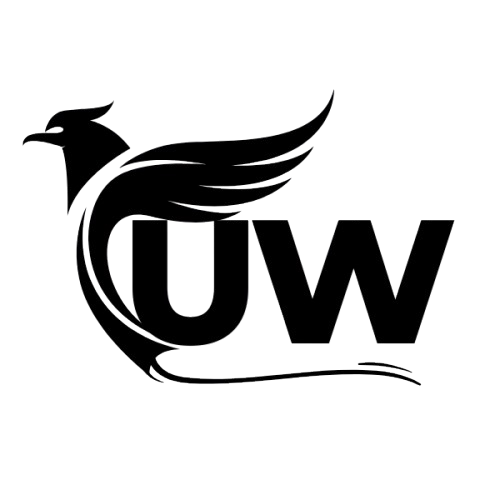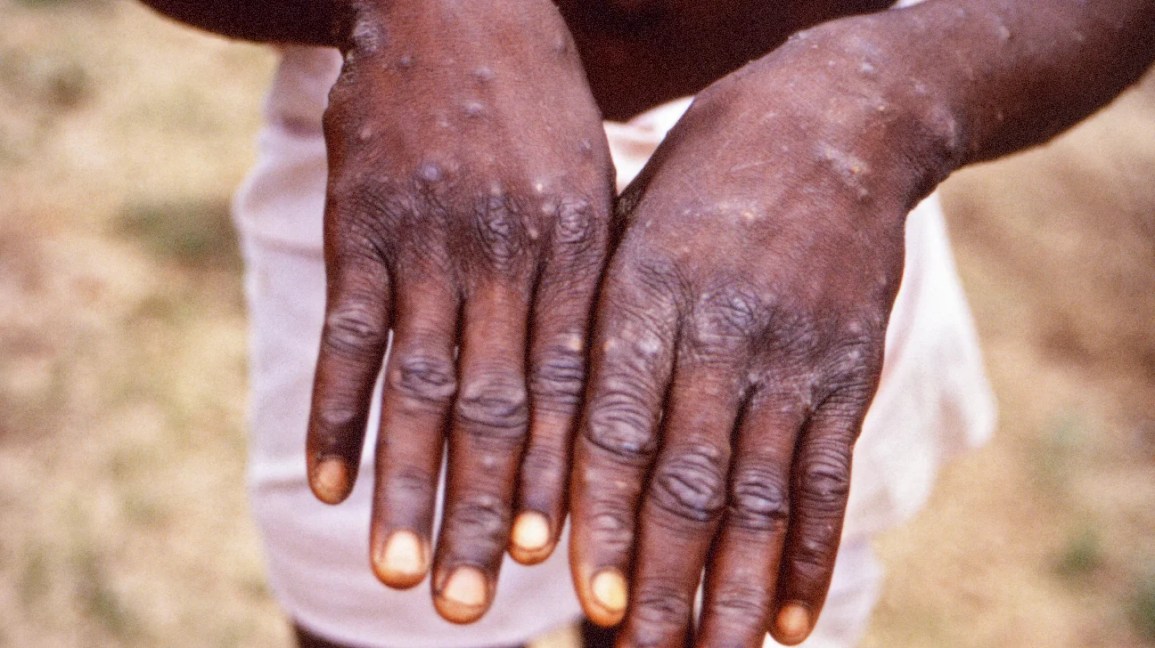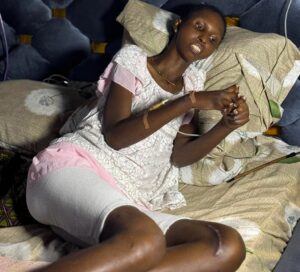In a concerning development, Namibia’s Minister of Health, Dr. Esperance Luvindao, today declared a cholera outbreak in the Opuwo district of the Kunene region. The Ministry of Health and Social Services is reportedly working tirelessly to contain the spread of the disease.
As of yesterday, a total of eight suspected cholera cases have been reported in the affected area. A significant cluster of these cases, six out of eight, including one tragic fatality, originated from a single household, highlighting the rapid transmission potential of the disease within close quarters.
Understanding Cholera: What it is and How to Prevent It
Cholera is an acute diarrhoeal infection caused by the ingestion of food or water contaminated with the bacterium Vibrio cholerae. It is a highly virulent disease that can cause severe acute watery diarrhoea, leading to dehydration and, if left untreated, death within hours.
How Cholera Spreads:
The primary mode of cholera transmission is through contaminated water or food. This can occur when:
Contaminated Water Sources: Drinking water from sources that are contaminated with faeces of an infected person. This is often a major factor in outbreaks, especially in areas with inadequate sanitation.
Contaminated Food: Eating food that has been prepared with contaminated water, or food that has been handled by an infected person without proper hygiene. Raw or undercooked seafood from contaminated waters can also be a source.
Poor Sanitation and Hygiene: Inadequate sewage disposal and lack of proper handwashing facilities contribute significantly to the spread of the disease.
Prevention is key in controlling cholera outbreaks. The following measures are crucial:
Safe Water: Drink and use safe, treated water for all purposes. If the safety of tap water is uncertain, boil it, treat it with chlorine products, or use bottled water.
Food Safety: Cook food thoroughly, especially seafood.
Eat food while it is still hot.
Avoid raw or undercooked foods.
Wash fruits and vegetables with safe water before eating.
Be cautious with food from street vendors, unless you are certain of their hygiene practices.
Proper Sanitation: Use latrines or dispose of faeces safely.
Avoid open defecation.
Ensure proper disposal of waste.
Good Hygiene Practices: Wash hands thoroughly with soap and safe water after using the toilet and before handling food or eating.
Clean and disinfect surfaces that may be contaminated.
Oral Cholera Vaccines (OCV): In areas with ongoing outbreaks or high risk, the World Health Organization (WHO) recommends the use of oral cholera vaccines as an additional prevention tool, alongside improvements in water, sanitation, and hygiene.
Early Detection and Treatment: Prompt diagnosis and rehydration therapy (Oral Rehydration Salts – ORS) are vital for saving lives during an outbreak. Severe cases may require intravenous fluids and antibiotics.
The Ministry of Health’s swift declaration of the outbreak in Opuwo underscores the urgency of implementing these preventative measures to protect the community and curb further transmission.



























